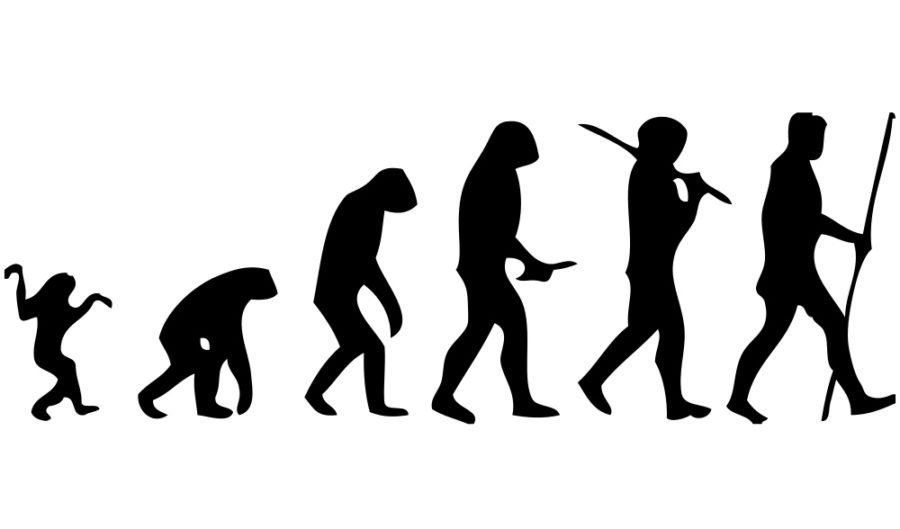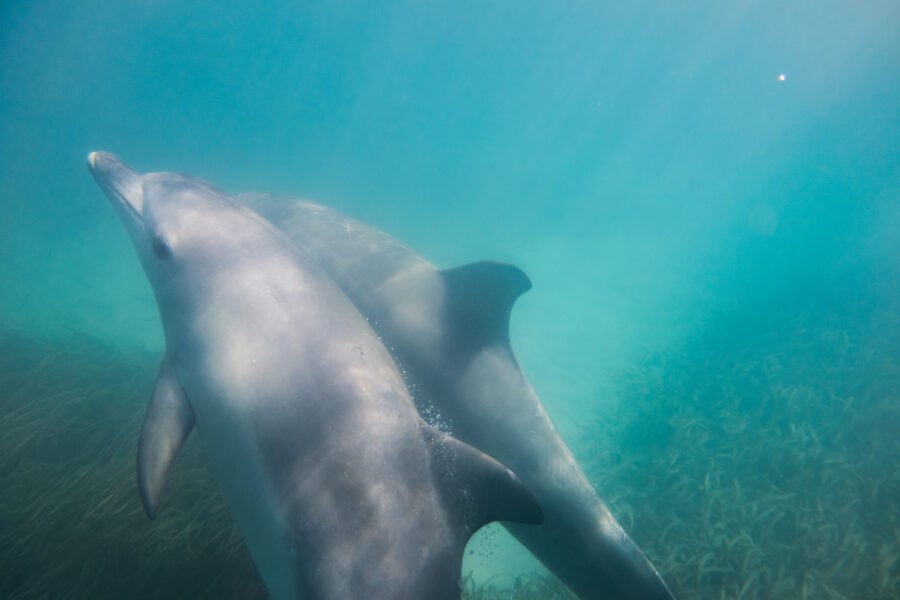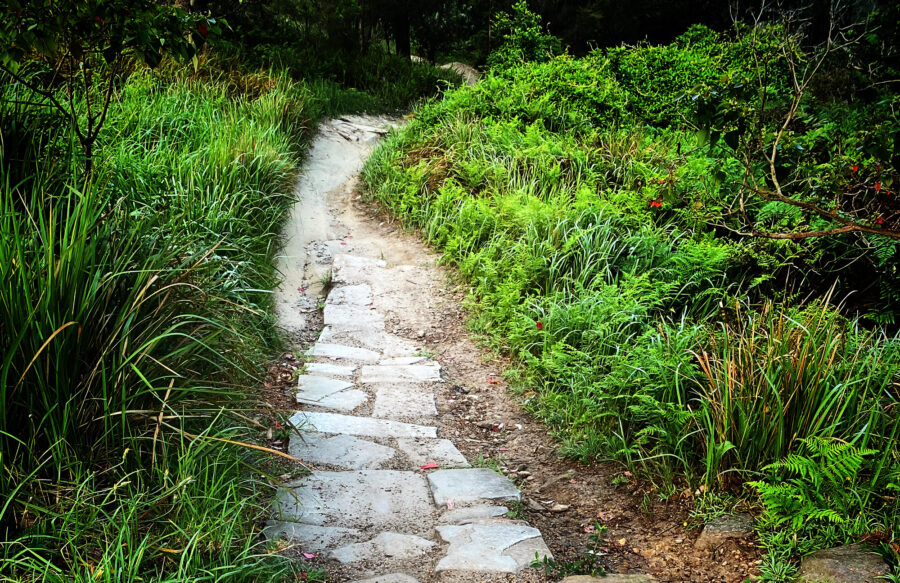OPINION: The case for re-naming the human species

IT IS HIGH TIME the human species had a new name. The old one, Homo sapiens – wise human – has been around since 1758 and is no longer a truthful or scientifically valid description for the creature we have become.
When the Swedish father of taxonomy Carl Linnaeus first bestowed it, humanity no doubt felt wise when compared with what the science of the day knew about both humans and other animals. Much has since changed.
Consider, for example:
– Humans are presently engaged in the greatest act of extermination of other species by a single species, probably since life on Earth began. We destroy an estimated 30,000 species a year. In the last 45 years we have killed off 58 per cent of the world’s large animals.
– We contaminate the atmosphere with 50 billion tonnes of greenhouse emissions a year for a total to date of 2 trillion tonnes. This risks accelerated planetary warming reaching 4-5°C by 2100. Under such conditions there will be widespread famines, threatening all 10 billion members of the enlarged human population.
– We contaminate the biosphere with 250 billion tonnes of chemicals and wastes each year. These have spread all round the planet from the deep oceans to the highest mountains and most remote regions. The World Health Organisation states “An estimated 12.6 million people died as a result of living or working in an unhealthy environment in 2012 – nearly 1 in 4 of total global deaths”.
– We contaminate the oceans with megatonnes of nutrients, CO2 and toxins. This is causing acidification, the collapse of ocean food chains and the spread of 470+ ‘dead zones’ around the planet. Ninety per cent of world fisheries are maxed out.
– Global soil loss due to agriculture and development amounts to 75 billion tonnes a year and scientists warn we could run out of topsoil within half a century.
– Acute water scarcity faces 4 billion humans at least one month a year; a UN report warns that at present rates of use world demand for freshwater will exceed supply by 40 per cent by 2030.
– The average human now consumes 100,000 tonnes of fresh water, 720 tonnes of metals, 750 tonnes of topsoil and burns 5.4 billion BTUs of (mostly fossil) energy. This is 10 times more than our grandparents.
– It takes the Earth 18 months to regenerate what humans consume in a year.
– The world invests $1.8 trillion a year in new weapons and a new high-tech nuclear arms race is under way. At least eight countries now have the nuclear weaponry to terminate civilisation.
On their own, many of these issues pose catastrophic risks to humanity. Together they threaten the future of civilisation, our survival as a species and most lifeforms on the planet. They are clearly not the attributes of a wise species.
The rules of taxonomy allow for changing the scientific name of a species where it can be shown that the original name is seriously wrong. In Surviving the 21st Century (Springer 2017) I propose a worldwide discussion about the formal reclassification of humanity, involving both scientists and the public.
Our new name should reflect more accurately the attributes and characteristics of the modern human – which are markedly different from those of 18th century ‘man’.
In exploring this concept, I have named the 10 chapters of my book as ‘new’ names for the human species, each chapter exploring humanity’s greatest challenges and their solutions – from Homo suilaudans (The Self-Worshipper), to Homo exterminaus (The Terminator), Homo urbanus (The Urbanite), Homo delusus (The Self-Deceiver) and Homo sapientior (The Getter of Wisdom).
The reason for renaming humans is not a matter of scientific nicety. A name is who you are.
Declaring ourselves unfit to bear the name ‘wise’ is the start of a process for looking squarely and truthfully at what we have begun – and correcting the behaviours which now menace our very existence. Without such honest self-appraisal, it is doubtful if humanity will act in time, before these existential threats combine to overwhelm us.
A new name is indispensable to our survival, and that of the planet we inherited.
Julian Cribb FTSE is the author of Surviving the 21st Century: Humanity’s Ten Great Challenges and how we can overcome them.




